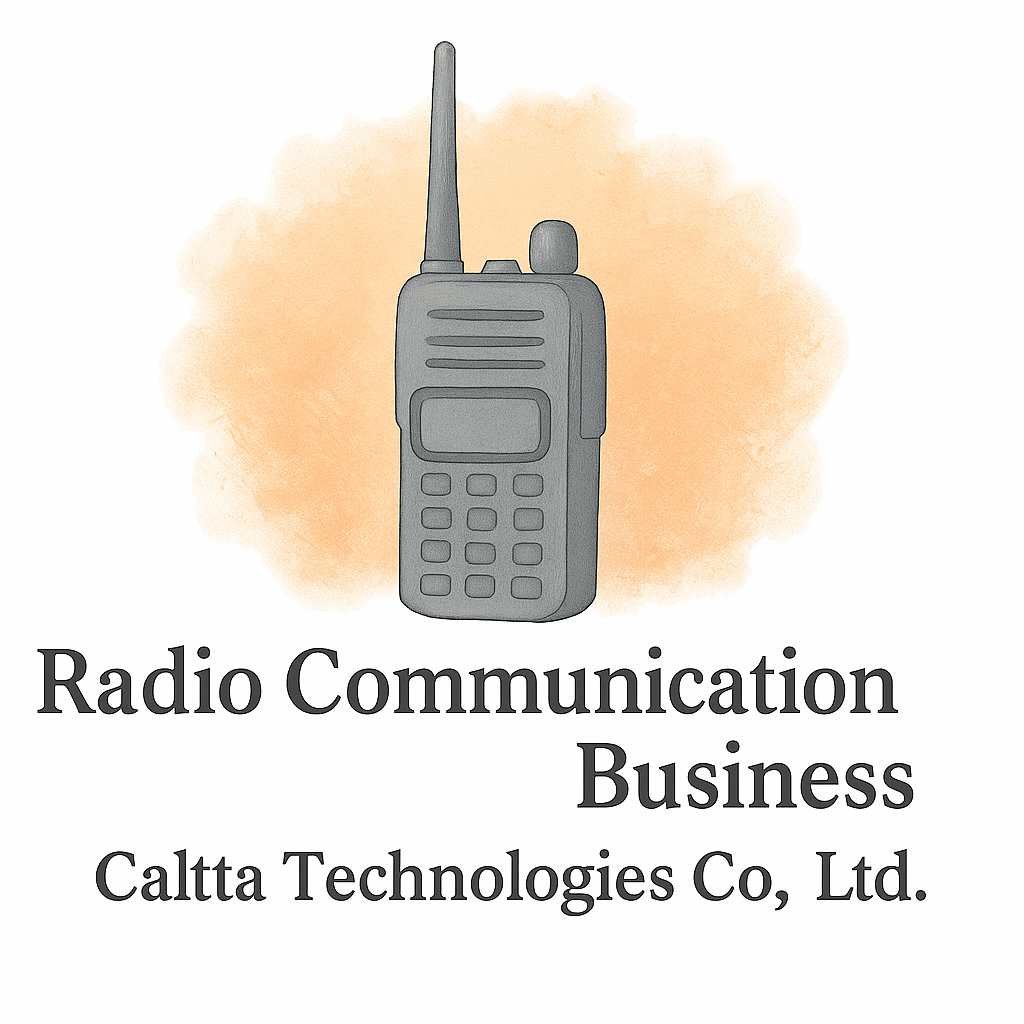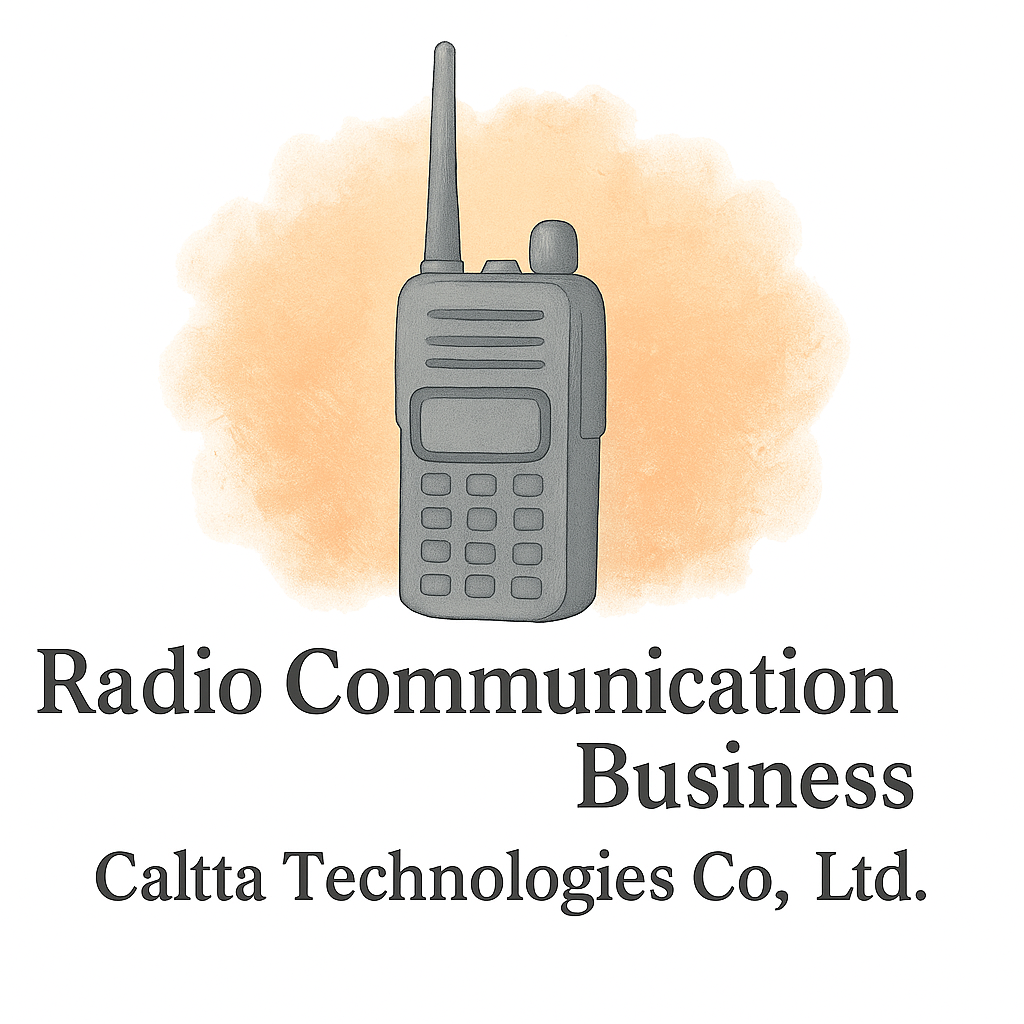Introduction
Ever wonder how first responders stay connected in the middle of a disaster? Or how massive events run like clockwork thanks to seamless coordination? That’s all thanks to professionals working in the radio communication sector. This field might not always be in the spotlight, but it’s a backbone for industries like public safety, aviation, defense, and logistics.
In this guide, we’ll explore 8 career opportunities in the radio communication sector, break down what each role involves, and how you can carve your path into this tech-forward and highly stable industry.
Why the Radio Communication Sector Still Thrives
Despite the rise of smartphones and Wi-Fi, radio communication hasn’t gone anywhere. In fact, it’s evolved.
From Legacy Systems to Smart Networks
Modern radio systems now incorporate smart technologies, encryption, GPS integration, and real-time data sharing. Whether it’s Digital Mobile Radio (DMR), LTE, or satellite-based communications, innovation is alive and well.
The Backbone of Mission-Critical Operations
This sector is vital to mission-critical operations. Police, firefighters, utility workers, and event coordinators rely on radio systems when cellular networks fail. That’s why investing in careers in the radio communication sector is a smart, future-proof move.
What Skills Do You Need in Radio Communication Careers?
Technical Know-How
This isn’t plug-and-play tech. You’ll need a solid understanding of:
- RF propagation
- Digital communication protocols
- Signal troubleshooting
Communication & Problem Solving
Being able to diagnose, explain, and resolve issues quickly—especially in emergencies—is crucial.
Regulatory Knowledge
Regulatory frameworks (think FCC, ITU, and local law) play a big part in radio communications. Professionals often need to comply with industry regulations.
1. Radio Frequency (RF) Engineer
What They Do
RF Engineers design, implement, and maintain radio frequency systems. These systems can range from two-way radios to wireless internet to radar.
Why It’s In Demand
As industries adopt smart grids, autonomous systems, and 5G, RF engineers are increasingly needed. Many are hired by telecom giants, government contractors, and even startups.
Want to dive into this high-tech career? Visit the Equipment & Technology section on Caltta International to explore the latest industry tools.
2. Field Service Technician
Hands-On Problem Solving
Technicians are on the front lines—literally. They maintain and repair radio systems on-site, whether that’s a factory floor, a broadcast tower, or an emergency dispatch center.
Essential for Operational Continuity
Downtime isn’t an option when public safety or business operations are on the line. This makes Field Service Techs essential.
You can learn more about critical service equipment under Caltta’s business setup essentials.
3. Network Planning Specialist
Designing Communication Infrastructure
They assess user needs and geography to plan a robust and interference-free communication network.
Opportunities Across Sectors
They’re found in transportation, military, events, and even smart city projects. This role is perfect for those who love maps, planning, and problem-solving.
Find real-world applications in the Industry Insights section of Caltta.

4. Radio Equipment Sales Consultant
Bridging Technology and Business
Not all tech careers are buried in schematics. Sales Consultants combine product knowledge with business savvy to connect clients to the right solutions.
Excellent for Tech-Savvy Marketers
This is a strong fit if you’ve got a passion for tech and a flair for closing deals. Also, check out the Marketing & Branding hub to learn how communication tech is sold and promoted.
5. Regulatory Compliance Officer
Ensuring Legal and Safe Operations
These professionals make sure that radio systems comply with national and international laws. Think licensing, frequency allocation, and interference management.
Careers in Government and Private Firms
If you love rulebooks and regulations (really!), this is a high-demand and impactful career path.
Explore more through Caltta’s compliance tag.
6. Radio Communications Trainer
Teaching the Next Generation
As tech evolves, so does the need for training. Trainers teach everything from basic operations to complex technical configurations.
High Demand in Vocational Institutions
Vocational schools, tech colleges, and private firms all look for experts who can pass on their skills.
Looking to become an industry educator? The events and conference resources at Caltta offer excellent networking opportunities.
7. Emergency Communications Specialist
Working in Crisis Situations
These professionals manage communications during disasters—earthquakes, floods, terrorist attacks. It’s a role requiring calm under pressure and top-notch skills.
Public Safety and Defense Sectors
You’ll often work with police, military, or humanitarian agencies. The job is demanding but deeply rewarding.
To understand more about career opportunities in the radio communication sector tied to public safety, visit Caltta’s radio communication tag.
8. Systems Integration Engineer
Unifying Different Technologies
This role brings together hardware and software across various platforms. Integration Engineers help systems “talk” to each other—even if built by different vendors.
Innovation in Communications
This is the perfect job if you love tinkering with tech to make it smarter and more cohesive.
Dive into innovation by checking Caltta’s tech and tools section.
Emerging Trends That Shape Radio Communication Careers
5G and IoT Integration
As 5G networks roll out, radio communication tech is getting a serious upgrade. Devices will be more connected, and careers will demand higher specialization.
AI and Automation
AI-powered signal analysis, predictive maintenance, and intelligent routing are turning traditional radio jobs into high-tech careers.
Follow Caltta’s startup trends and tech innovations for future insights.
How to Start a Career in This Field
Education & Certifications
- Associate or Bachelor’s in Telecommunications, Electrical Engineering, or similar
- Certifications: FCC License, CET (Certified Electronics Technician)
Entry-Level Positions to Look For
- Installer/Technician Assistant
- Dispatcher Support Analyst
- Equipment Tester
Explore budget-friendly gear and startup tips via Caltta’s cost-saving and budget tags.
Final Thoughts
Radio communication isn’t just surviving—it’s thriving. From emergency response to commercial networks, the career opportunities in the radio communication sector are vast, dynamic, and future-proof. If you’re looking for a career where technology meets real-world impact, this sector delivers.
Whether you’re tech-savvy, a born communicator, or both—there’s a place for you here.
Ready to get started? Head over to Caltta International for the latest tools, trends, and tips that help you break into this exciting field.
FAQs
1. Is the radio communication sector still relevant in the digital age?
Absolutely! It’s essential for mission-critical systems like public safety, aviation, and large-scale events.
2. What’s the average salary in this field?
Depending on your role, salaries can range from $45,000 (technicians) to over $120,000 (engineers and specialists).
3. Do I need a degree to get started?
Not always. Many positions offer on-the-job training. However, a degree or certification helps speed up your progress.
4. Which sectors hire radio communication professionals?
Public safety, military, transportation, construction, energy, and telecommunications.
5. Is travel involved in these jobs?
Yes, especially for technicians and field engineers. Some roles may even be international.
6. Can I work remotely in radio communication?
Some planning, sales, and training roles allow remote work, but many technical roles require on-site presence.
7. Where can I find more resources?
Visit Caltta International and explore tags like industry, entrepreneur, and tips for helpful articles and updates.


